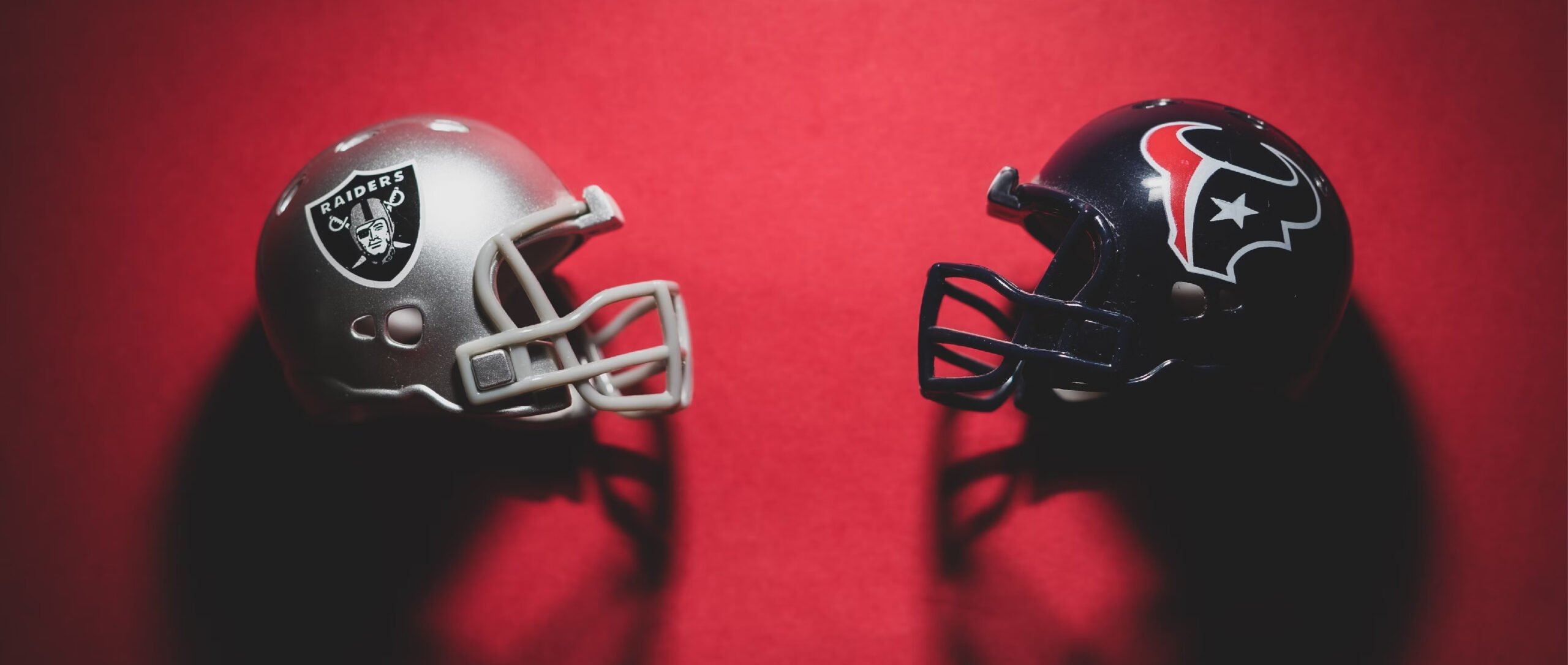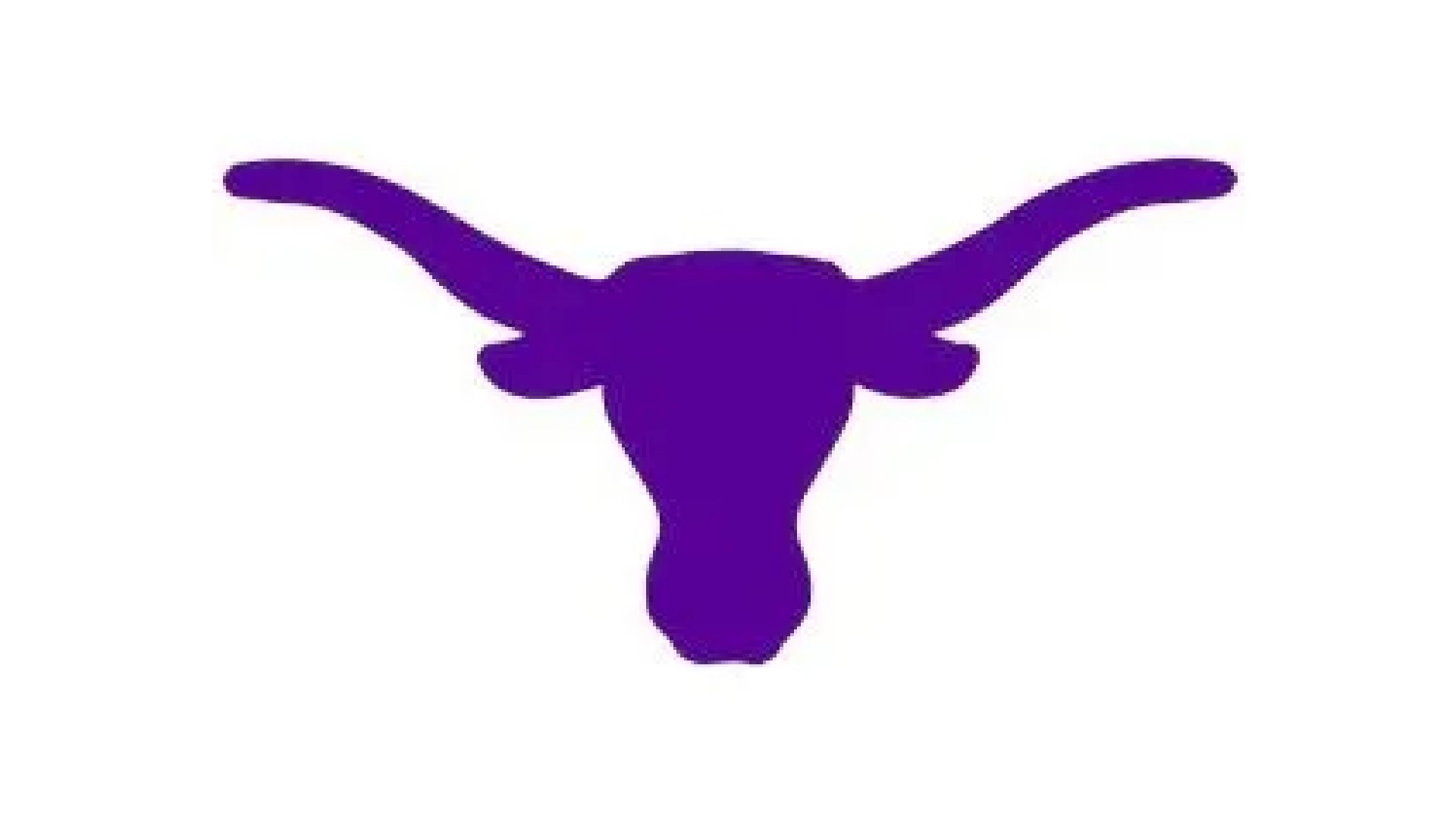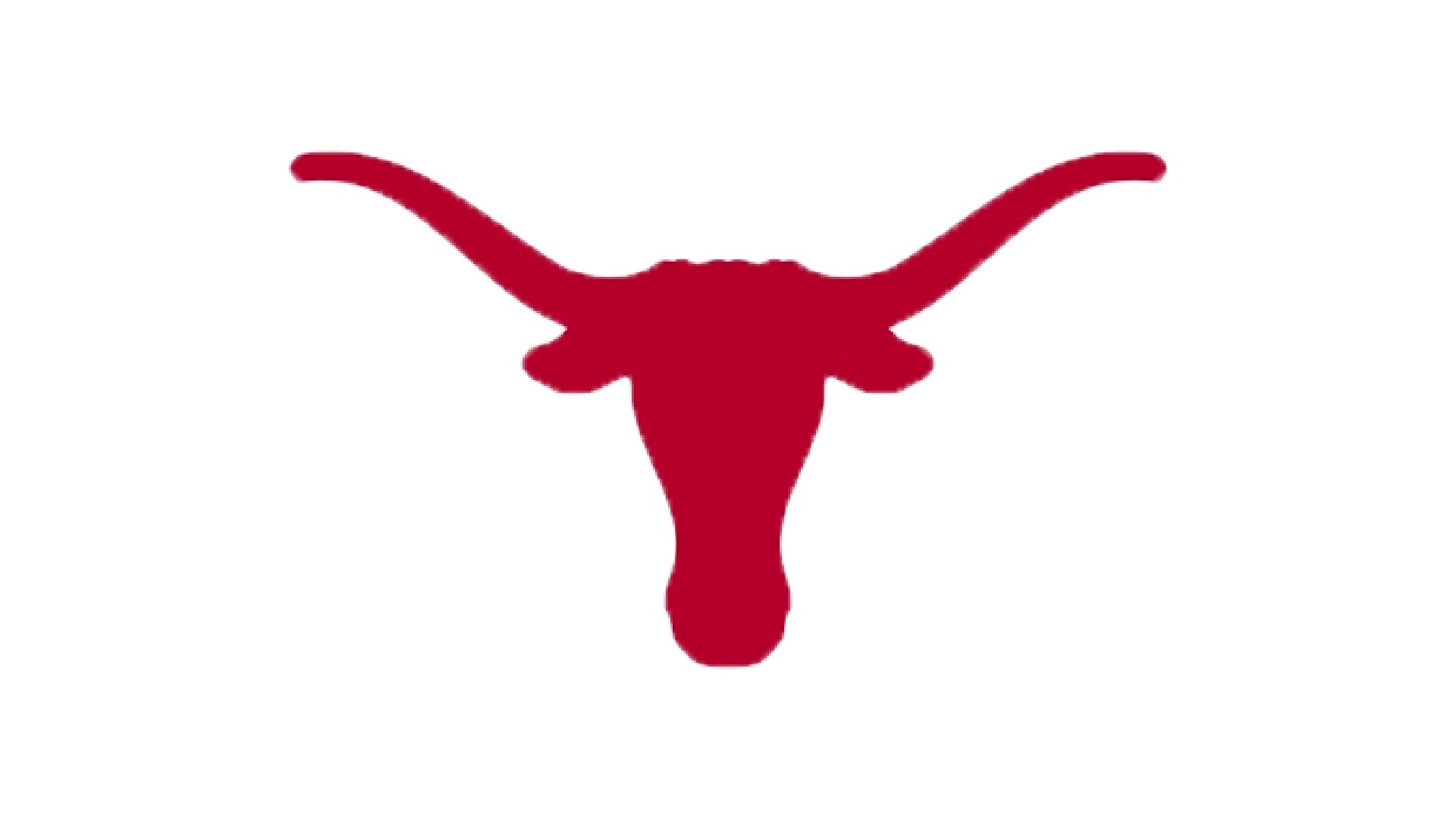- Brand Mascot, Logo Design
Can I Use Someone Else’s Mascot Logo?

In today’s interconnected digital world, logos have become a powerful tool for establishing brand identity and recognition. Whether it’s a sports team, a school, or a business, a well-designed mascot logo can leave a lasting impression on the audience. However, the question arises: can you use someone else’s mascot logo?
In this article, we’ll explore the legal and ethical considerations surrounding using someone else’s mascot logo and give you some insight into the potential risks and consequences.
Can a high school or sports team use another school or sports team's logo?
When it comes to using another school or sports team’s logo, the answer is relatively straightforward. It is advised only to use someone else’s logo after you have obtained proper permission through a licensing agreement. Unauthorized use of another team’s logo can lead to serious legal consequences, including copyright infringement claims.
Without proper permission and a licensing agreement, using someone else's logo can present serious legal consequences.
What happens if I use a logo without permission?
Using someone’s logo without permission can give rise to a range of potential problems. One of the primary concerns is copyright infringement. Logo creators hold exclusive rights to their designs, which means unauthorized usage can infringe upon those rights. Legal repercussions can include:
- Cease and desist letters
- Litigation
- Potential monetary damages
Additionally, this practice can damage your brand’s reputation and create a loss of trust among customers and stakeholders.
Case Study:



In recent years, there have been instances where high schools faced scrutiny for improper usage of logos. Two notable examples are the Payson Longhorns and Johnson County Longhorns. In both cases, the schools were sent cease and desist letters for using longhorn spirit marks nearly identical to Texas’ legally registered longhorn logo. The two schools went through a process of creating new logos and had to phase out usage and instances of the logos in violation.
These instances emphasize the importance of obtaining proper permissions, respecting established logos, and seeking legal guidance to ensure compliance and avoid legal and reputational consequences.
I've obtained a licensing agreement, now what?
Obtaining a licensing agreement is a significant step toward ensuring proper usage and avoiding legal issues. Now that you have the agreement, it’s essential to understand what steps to take to maintain compliance and make the most out of your licensing arrangement. Here are some important considerations:
Be familiar with the agreement
Carefully review the terms and conditions outlined in the licensing agreement.
Understand the scope of usage, permitted locations, duration, and any restrictions mentioned.
Take note of any obligations or requirements imposed on your end as the licensee.
Maintain accurate records
Keep a copy of the signed licensing agreement in a secure location.
Maintain a record of key dates, such as the start and end dates of the agreement.
Track any royalty or payment obligations and ensure timely compliance.
Adhere to usage guidelines
Follow the specific guidelines outlined in the licensing agreement for logo usage.
Respect any restrictions related to size, placement, color variations, or alterations.
Ensure consistent and proper representation of the licensed logo across all materials and platforms.
Remember, a licensing agreement is legally binding, and it is crucial to comply with its terms to avoid potential legal disputes or breaches. Consulting with legal professionals experienced in intellectual property and licensing can provide valuable guidance. By maintaining a strong and cooperative relationship with the licensor, adhering to usage guidelines, and fulfilling your obligations, you can make the most of your licensing agreement and create a positive and mutually beneficial partnership.
What happens if the licensor of a logo changes their mind about a licensing agreement?
Licensing agreements provide a legal framework for using someone else’s logo. However, it is important to be aware that a licensor has the legal right to dissolve or not renew the agreement according to the terms specified. If a licensing agreement is terminated or not renewed, some implications need to be considered:
- Ceasing the use of the licensed logo beyond the agreed-upon period or under specified conditions
- Removing any unauthorized instances of the logo to ensure compliance with the agreement
- Understanding that there is generally no recourse to compel a licensor to renew a licensing agreement
- Recognizing that the licensor has the legal right to dissolve or non-renew the agreement at their discretion, as outlined in the terms of the agreement
To protect against potential legal consequences and maintain compliance, it is essential to carefully review and understand the terms of the licensing agreement, particularly those related to renewal and termination.
If you have any concerns or questions about the agreement, seeking guidance from legal professionals experienced in intellectual property and licensing can provide valuable assistance tailored to your specific situation.
If a licensor decides to non-renew or terminate a licensing agreement, there can be a major financial impact on the licensee.
If I license a logo, am I able to trademark it through the USPTO?
While licensing a logo allows you to use it within the agreed-upon terms, it does not automatically grant you the right to trademark it. Trademark registration involves a separate process through the USPTO. To trademark a logo, you must meet certain requirements, including distinctiveness and not causing confusion with existing trademarks. Licensing a logo does not inherently confer the ability to secure exclusive rights to it through trademark registration. In our experience, it is highly improbable to be granted a USPTO trademark from a licensed logo. However, it is advisable to consult with a trademark attorney for guidance on the specific circumstances of your situation.
Ethical considerations and alternatives
Beyond the legal aspects, it is important to consider the ethical implications of using someone else’s logo. Respecting intellectual property rights promotes fairness, creativity, and innovation. Encouraging originality and investing in a unique mascot logo avoids potential legal issues and allows your brand or organization to establish a distinct identity that aligns with its values and vision.
Exploring ways to create a unique mascot logo, such as working with a professional designer, like Dunson Design Co, can help create a logo that reflects the essence of your school, business, or brand. Prioritizing creativity and uniqueness can lead to a logo that distinguishes you and upholds ethical standards.
Final Thoughts
In conclusion, using someone else’s mascot logo without permission can lead to legal and reputational consequences. It is advisable to seek proper permission and licensing agreements when considering using another school or sports team’s logo. Understanding the potential problems, the importance of honoring licensing agreements, and the limitations of licensing in terms of trademark registration are vital to navigating this complex landscape.
Moreover, embracing ethical considerations by respecting intellectual property rights and prioritizing originality can help establish a strong and distinctive brand identity. By creating a unique mascot logo that aligns with your school, business, or brand’s values and vision, you can ensure a sustainable and legally compliant approach to logo usage. Remember to consult legal professionals for personalized advice to address your specific circumstances.
